
📚 The best books I read in 2024
From over a hundred books read, here is my list of this year’s best reads.
Share this story!
This year, I will end up slightly above 100 books read. I usually land around 90–100 books, but this year there have been more due to the research for my book.
Reading a lot is my priority when it comes to books. While some prefer to dive deeply into a few works, I choose to tackle many different books to build a broad knowledge base. It gives me insight into many subjects, which I find valuable for identifying overarching patterns and understanding how various trends and developments connect.
How to read 100 books a year
Reading that many books requires discipline but is easier than you might think.
Listen to audiobooks
Audiobooks are essential. I listen while driving, doing dishes, walking, waiting for a train, cooking, or mowing the lawn. This adds up to hundreds of hours of listening each year. About 80% of my books are audiobooks, 10% are ebooks (which I use for highlighting and deeper study), and the remaining 10% are physical books, typically for pure enjoyment.
Listen at higher speeds
If you increase the playback speed to double, you can obviously get through twice as many books. I now mostly listen at three times the normal speed. It’s easier than you think. Just increase the speed gradually. Jumping straight from normal to 3x will make it hard to comprehend, but moving from 1x to 1.25x allows your brain to adjust quickly.
Stop reading if the book is boring
Instead of pushing through a dull book because you "should," set it aside. Otherwise, you risk getting stuck and not reading at all.
Prioritize books over podcasts
I listen to few podcasts. While many are great, I prioritize books. If you want to get through a lot of books, you can’t spend too much time on podcasts.
The best books I read in 2024
This year, I read more fiction than usual, including several crime novels. I think this is because I found fewer excellent new nonfiction books and because my research has left me mentally tired. Crime novels require zero effort to listen to.
Not the End of the World
by Hannah Ritchie
This book is pure fact-based optimism. She describes, with the help of abundant statistics and data, how we can become the first generation to live entirely sustainably. Hannah Ritchie aims to do for sustainability what Hans Rosling did for global development—and she's well on her way.
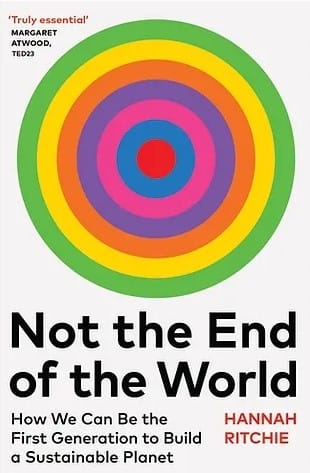
Reinventing the Wheel: A Story of Genius, Innovation, and Grand Ambition
by Steve Kemper
This was a product meant to transform cities as much as the car did, praised by Steve Jobs and sought after by investors, created by a technical genius. A product so groundbreaking it was said to appear only once per generation. That product was the Segway, and it wasn’t quite as revolutionary as expected.
This story, written by an author invited to document the process from the inside, is entertaining and a good reminder for us tech optimists that things don’t always go as planned.
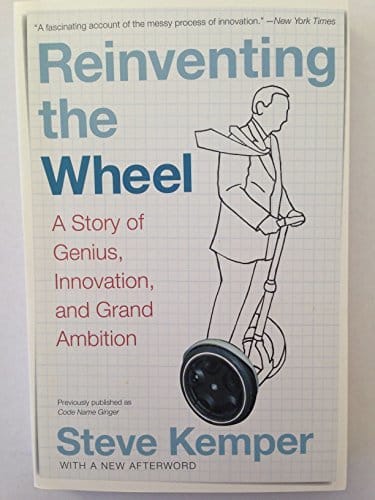
Co-Intelligence: Living and Working with AI
by Ethan Mollick
The best teacher on generative AI. Ethan Mollick combines rigorous academic analysis with an insatiable curiosity for experimentation. The title Co-Intelligence reflects his view of AI perfectly
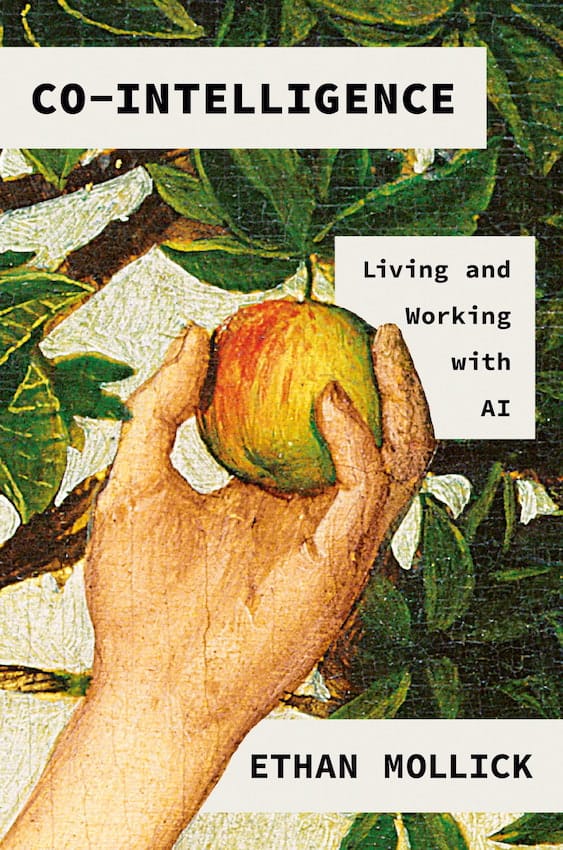
Reentry: SpaceX, Elon Musk, and the Reusable Rockets that Launched a Second Space Age
by Eric Berger
My favorite space journalist, Eric Berger, recounts SpaceX's story in a series of books. The first, Liftoff, covered the company's early years and how they reached space and established themselves. Reentry explores how they began regularly landing and reusing rockets, a key to dramatically reducing the cost of space travel.
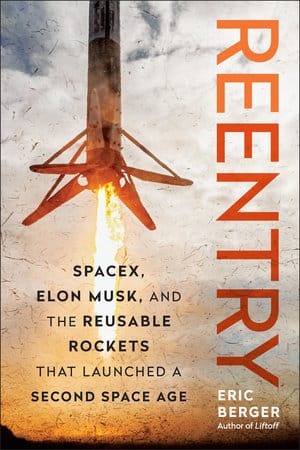
The Late Shift & The War for Late Night
by Bill Carter
Even though I rarely watch them, I am fascinated by the late-night talk shows in the U.S. In two books, Bill Carter tells the story of the battle between David Letterman and Jay Leno to succeed Johnny Carson, and later when Conan O’Brien replaced Leno. Drama, egos, and prestige abound.
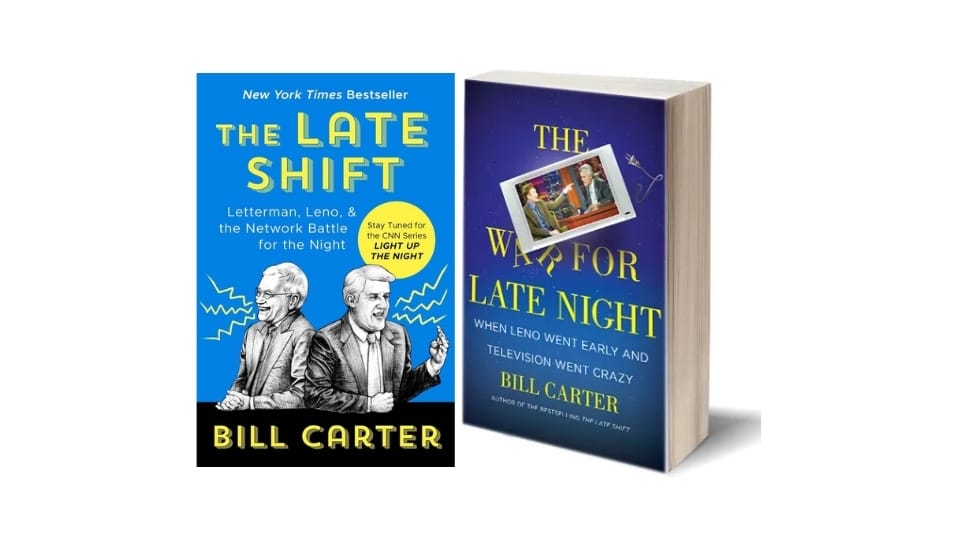
The armor of light
by Ken Follett
The fifth installment in the Kingsbridge series. If you haven’t read any of Follett’s Kingsbridge books, I envy you. Imagine having these five masterpieces ahead of you—so many hours of enjoyment.
The entire story is also a journey through human development from the year 1000 onwards.
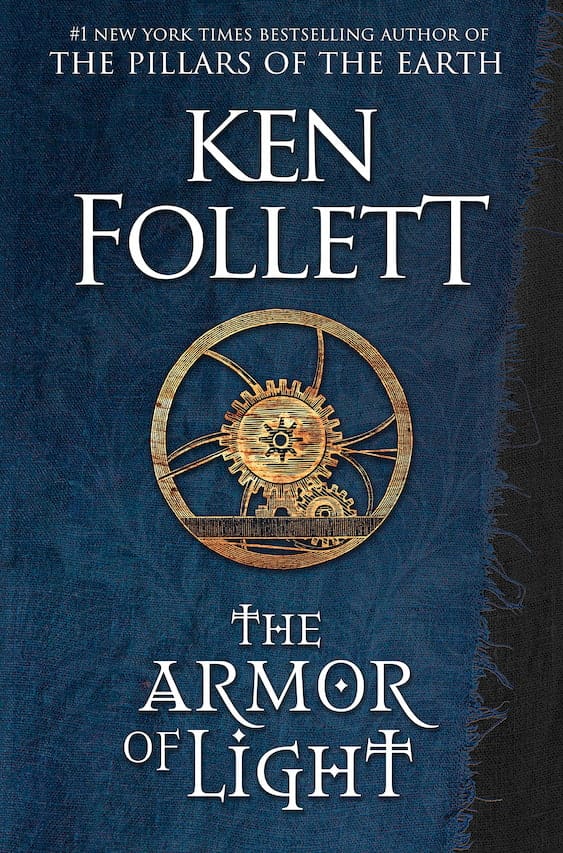
Ideas: A History of Thought and Invention, from Fire to Freud
by Peter Watson
An incredibly ambitious and massive book, spanning humanity’s very first ideas to today. About how the ideas that have driven progress were created and spread.
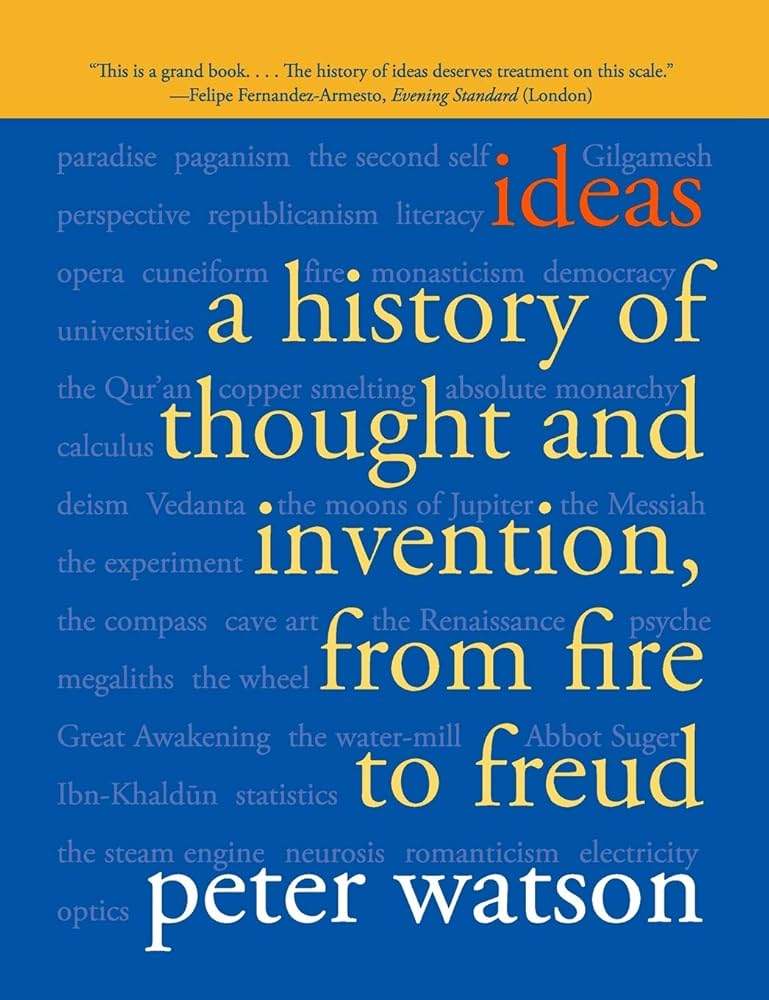
Mathias Sundin
The Angry Optimist
By becoming a premium supporter, you help in the creation and sharing of fact-based optimistic news all over the world.


